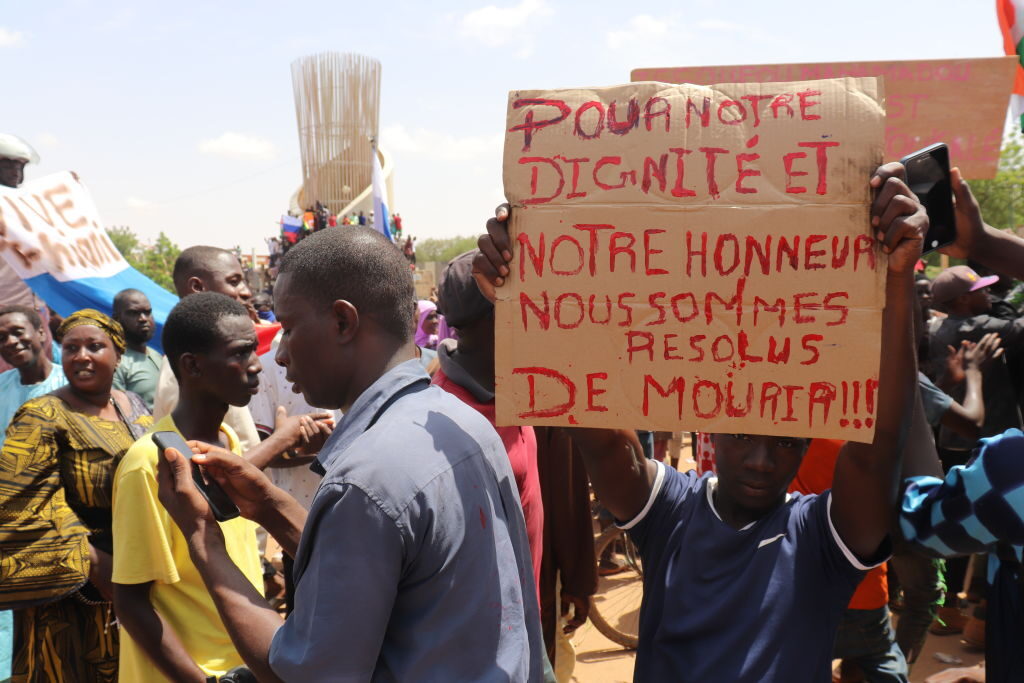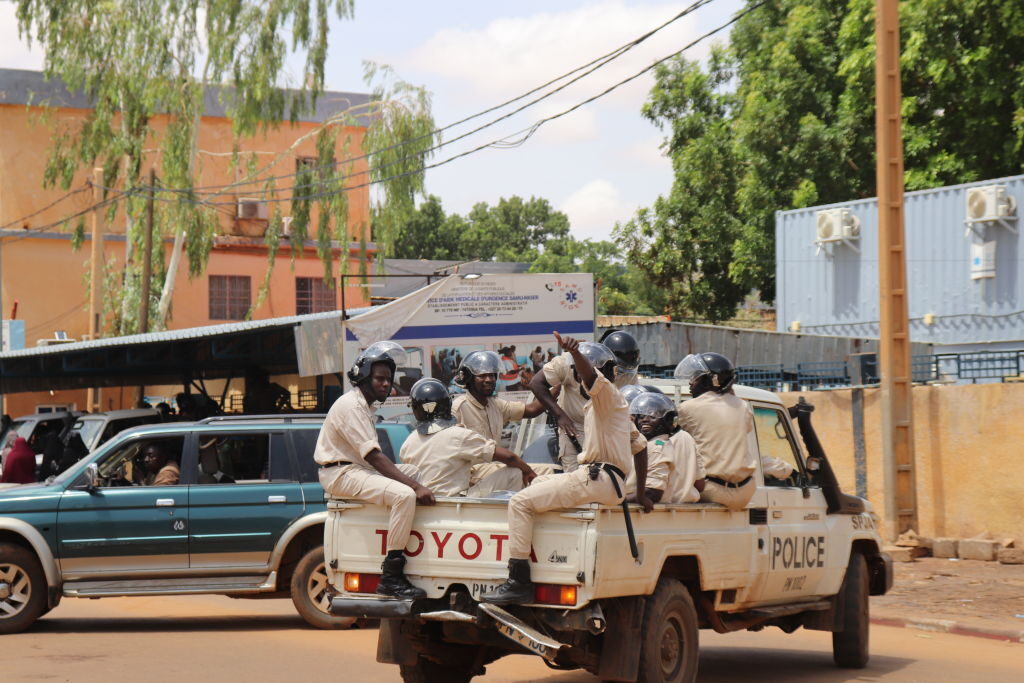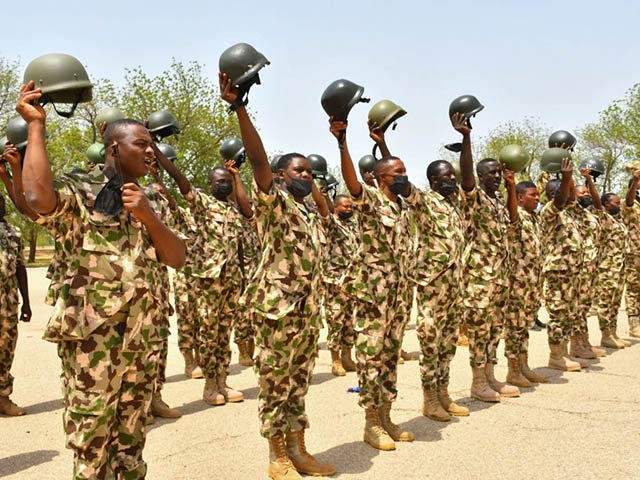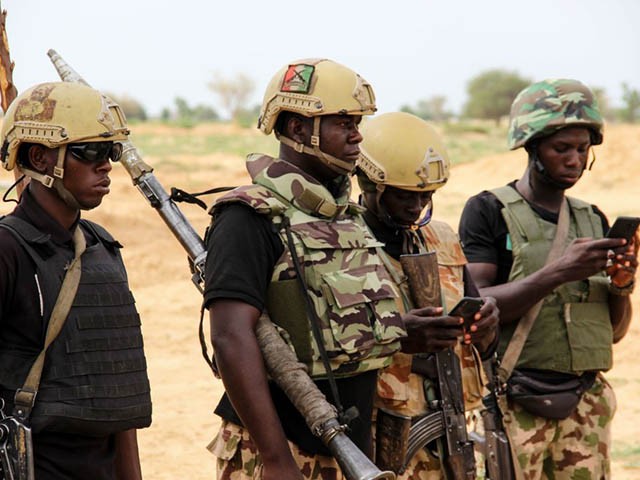The governments of Burkina Faso and Mali issued statements on Monday defending the military coup in Niger last week, stating that any military intervention by democratic neighbors to oust the coup leaders in Niger would be a “declaration of war” against them, as well.
Burkina Faso’s government is a military junta installed via a similar coup d’etat in October. Mali experienced a military coup in 2020 whose leaders have remained in power for the last three years.
A third West African country – Guinea, which experienced a military coup in September 2021 – issued a statement opposing sanctions on the Nigerien coup government but not going so far as to threaten military action against an invasion of Niger.
The three coup governments were responding to a forceful statement issued on Sunday by the Economic Community of West African States (ECOWAS), currently led by Nigeria, which stated that member states would consider using “force” to oust the coup regime in Niger. Guinea, Burkina Faso, and Mali are all formally ECOWAS members, but all three were initially sanctioned and suspended from the bloc in response to their coups. ECOWAS lifted sanctions on Mali last year and agreed to temporarily keep ties to Burkina Faso on the condition that its military junta return to democracy in two years’ time.
A group of soldiers calling themselves the “National Council for the Safeguard of the Homeland” appeared on national television in Niger on Thursday announcing that they had taken President Mohamed Bazoum hostage and ended his administration. The soldiers claimed they had done so because Bazoum had failed to address the many security woes the Sahel country faces, in particular the persistent attacks by jihadist groups on national assets. The head of the presidential guard, General Abdourahmane Tchiani, declared himself president in a separate broadcast on Friday.
Following an emergency meeting on Sunday, ECOWAS announced it would not recognize Tchiani and gave the “National Council for the Safeguard of the Homeland” one week to restore normalcy in the country or face consequences.
“In the event the Authority’s demands are not met within one week, take all measures necessary to restore constitutional order in the Republic of Niger. Such measures may include the use of force;” ECOWAS said in a statement. In addition to a potential invasion, the organization announced sanctions including establishing a no-fly zone over the country, a trade embargo, the freezing of state assets in ECOWAS banks, and the suspension of “all financial assistance.”
In response, Burkina Faso and Mali issued a joint statement celebrating the coup as a sign the “people of Niger” had “decided with full responsibility to take their destiny in hand” and wholeheartedly reject the ECOWAS sanctions. They also suggested they were willing to go to war against their fellow ECOWAS countries if they chose to take military action against Niger.
“Any military intervention against Niger would be tantamount to a declaration of war against Burkina Faso and Mali,” the countries affirmed.
Mali and Burkina Faso also stated they would “refuse to apply these illegal, illegitimate and inhuman sanctions against the people and the Nigerian Authorities” and warned “any military intervention against Niger would result in the withdrawal of Burkina Faso and Mali from ECOWAS, as well as the adoption of self-defense measures in support of the armed forces and people of Niger.”
The two countries also declared themselves “deeply indignant and surprised” at what they described as “passive indifference” as Niger attempted, largely without success, to contain jihadist organizations, in contrast to “the speed and adventurous attitude of certain political leaders in West Africa wishing to use armed force to restore constitutional order in a sovereign country.”
The military junta in Guinea separately condemned ECOWAS for its statement but did not appear eager to engage in a military confrontation with its neighbors.
“The sanctions measures advocated by the ECOWAS, including military intervention, [are] an option which cannot be a solution to the current problem but would lead to a human disaster whose consequences could go beyond the borders of Niger,” the government of Guinea warned, adding it would ignore the ECOWAS sanctions.
Multiple media organizations present at the ECOWAS emergency meeting this weekend suggested that the reference to use of force was not empty.

Demonstrators march in support of the coup plotters in the capital; on the right, a man holds a sign reading “For our dignity and our honor, we have decided to die!!!” Thousands pledge their support for the military after the coup in Niger. (Djibo Issifou/picture alliance via Getty Images)
“There is so much talk here [at the summit] of sending a military force to intervene there [in Niger] that has got the military leaders in Niger worried at the moment,” Al Jazeera’s Ahmed Idris said. “There has been a standby force for years, but it has never been activated in recent times. The [last] time it was activated was in 2017 in the Gambia … when former President Yahya Jammeh tried to stay in power after he lost the election to the current president.”
Radio France Internationale (RFI) described several anonymous diplomats as expressing support for organizing African troops to invade Niger.
Tchiani’s coup government responded late on Monday not to ECOWAS’s condemnation, but that of the government of France, whose embassy was violently attacked on Sunday as thousands took the streets of the national capital, Niamey, in support of both the coup and closer diplomatic ties to Russia. While the Russian government has called for calm in Niger and kept a distance from the coup government, the coups in Burkina Faso and Mali had an explicitly pro-Russian context.
Colonel Amadou Abdramane, the coup spokesman who initially appeared on television on Thursday, said on television on Monday that France had organized a military attack meant to rescue Bazoum, who is believed to remain in his presidential residence, trapped by the Nigerien military.
“In its search for ways and means to intervene militarily in Niger, France with the complicity of some Nigeriens held a meeting with the chief of staff of the Nigerien national guard to obtain the necessary political and military authorisation,” Abdramane claimed, suggesting Bazoum’s officials had urged Paris to send the military to rescue their boss.
The French government adamantly denied the accusation.
With the exception of its attacks on France, the Nigerien coup leaders have restrained their criticism of the West and have not explicitly suggested they seek to expand ties to Russia. During the initial announcement that they had suspended constitutional rights and ended Bazoum’s government last week, Abdramane stated that any agreements with foreign states would be respected.
“Reaffirming our commitment to respecting all the commitments entered into by Niger, we reassure the national and international community that the physical and moral integrity of the authorities will be respected, in accordance with the principle of human rights,” he said.

Police officers on the sidelines of a march in support of the coup plotters in the capital. After the coup in Niger, thousands pledge their support to the military. (Djibo Issifou/picture alliance via Getty Images)
Tchiani suggested in his initial speech declaring himself president that a reason the conspirators had chosen to overthrow Bazoum was that he had allegedly misused and disrespected foreign aid.
“The current security approach has not made it possible to secure our country despite the heavy sacrifices made by Nigeriens and the appreciable and appreciated support of our external partners,” Tchiani said, an apparent reference to the ample American military aid Bazoum received. “We can no longer continue with the same approaches so far proposed at the risk of witnessing the gradual and inevitable disappearance of our country.”
The U.S. government condemned the coup last week and enthusiastically supported ECOWAS’s threat of invasion.
“The United States welcomes and commends the strong leadership of the Economic Community of West African States (ECOWAS) Heads of State and Government to defend constitutional order in Niger,” Secretary of State Antony Blinken said in a statement on Sunday, “actions that respect the will of the Nigerien people and align with enshrined ECOWAS and African Union principles of ‘zero tolerance for unconstitutional change.’”


COMMENTS
Please let us know if you're having issues with commenting.